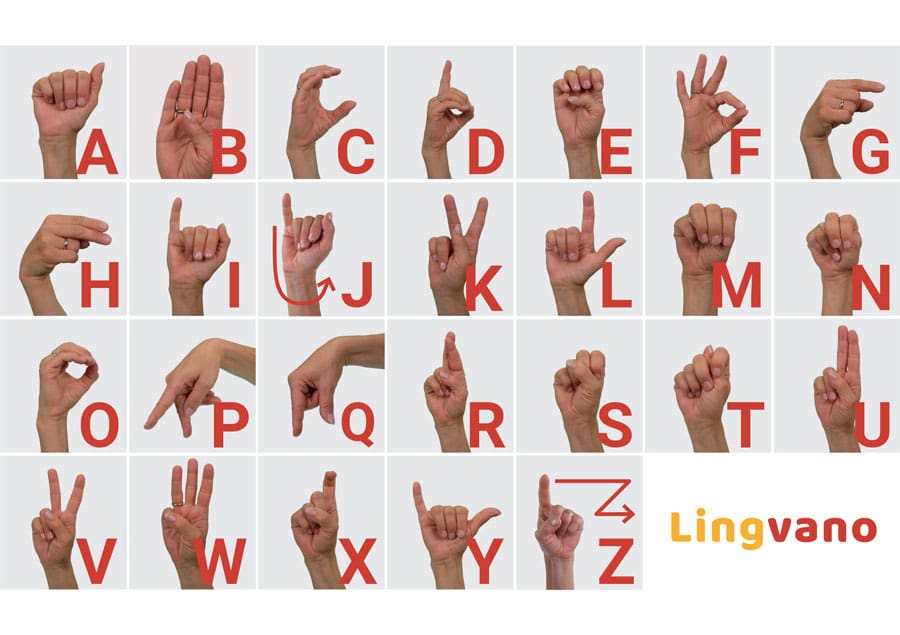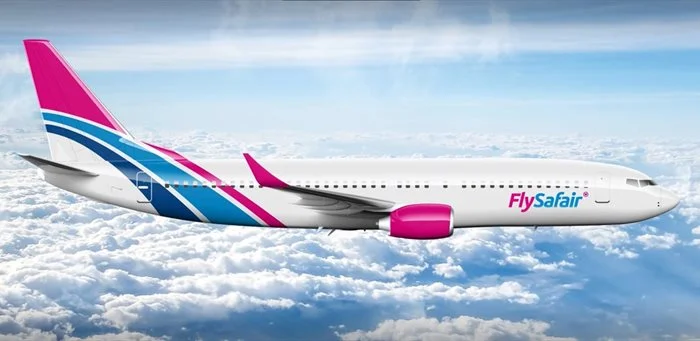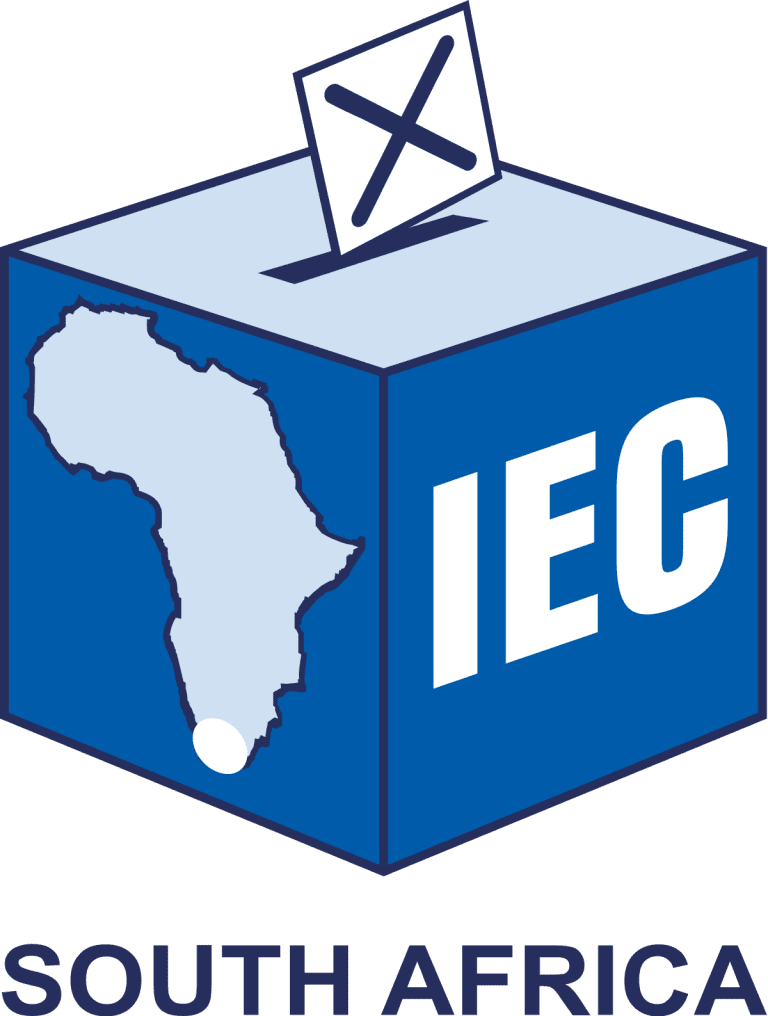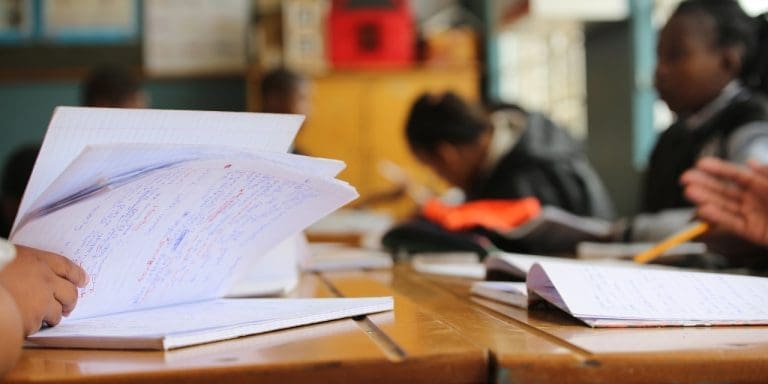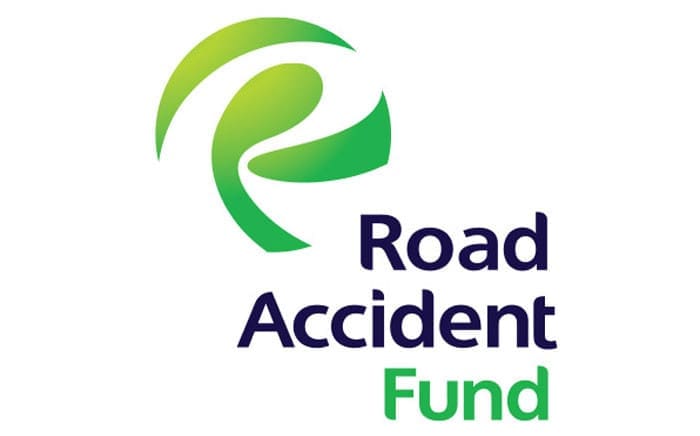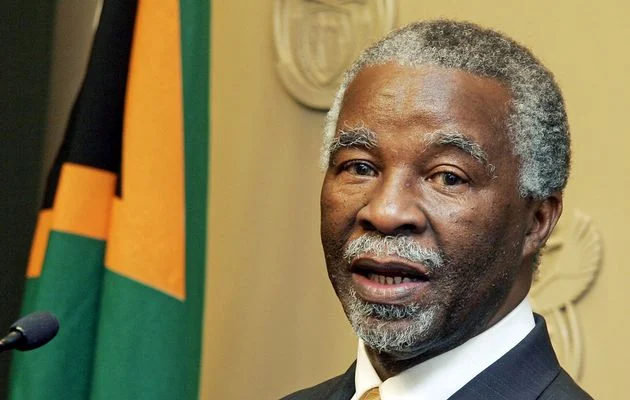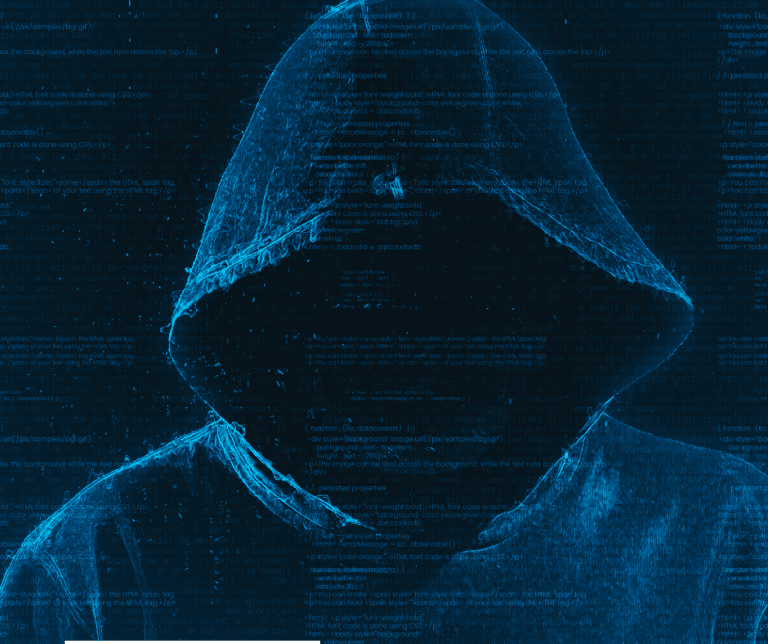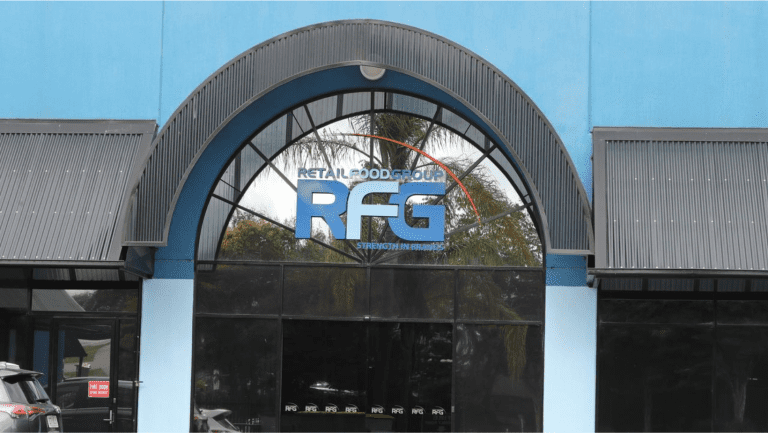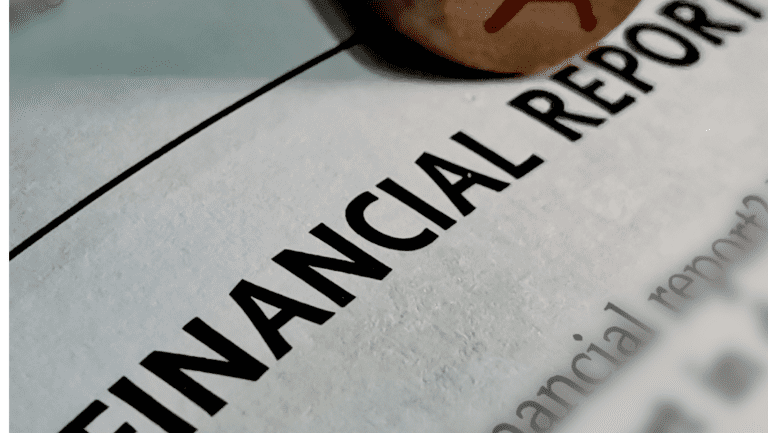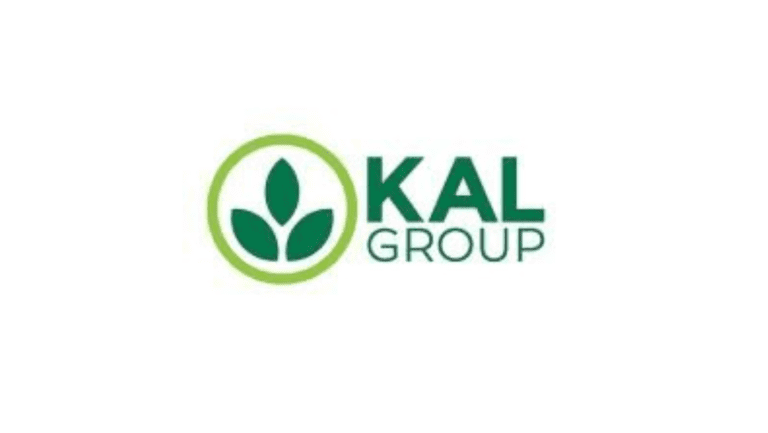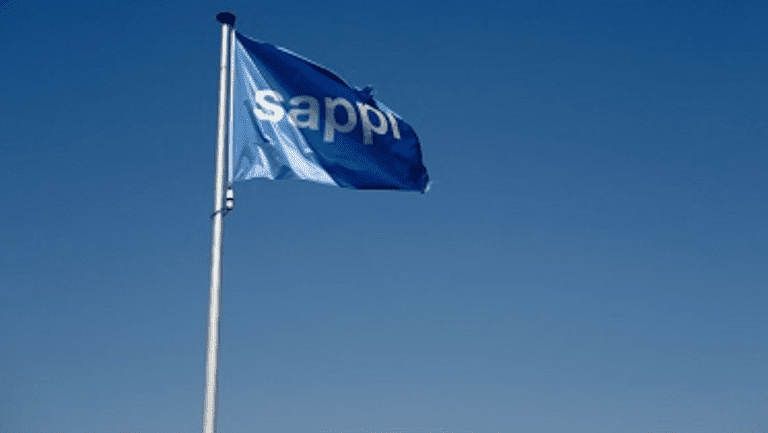In a historic move towards inclusivity and accessibility, South Africa has officially recognized South African Sign Language (SASL) as its 12th official language. The announcement came as the nation joined hands with the global community to celebrate International Sign Language Day on Saturday, September 23rd, 2023. This landmark decision aims to enhance the rights and opportunities of people with hearing impairments, ensuring that they can participate fully in all aspects of society.
The journey towards recognizing SASL as an official language was guided by the South African Sign Language Board (SASLB), which has long advocated for the inclusion and acknowledgment of SASL. This recognition is not only a symbolic step but also a practical one, emphasizing the importance of effective communication and access to information for the deaf community.
This momentous development aligns with the principles outlined in the white paper on the Rights of Persons with Disabilities, which underscores the role of SASL as a means of communication to promote access to information. Section 30 of the South African constitution, which guarantees everyone the right to use language and participate in the cultural life of their choice, further supports this initiative. By doing so, it improves the rights of deaf individuals to access information and communication channels, reinforcing their sense of inclusion and belonging.
According to the World Federation of the Deaf, there are more than 70 million deaf people worldwide, with over 80% residing in developing countries. These individuals collectively utilize more than 300 different sign languages. South Africa’s decision to recognize SASL as an official language underscores the nation’s commitment to promoting multilingualism and inclusivity within its society.
To facilitate awareness and promote multilingualism during World Deaf Awareness Month in September, the Pan South African Language Board (PANSALB) is collaborating with various stakeholders to organize workshops and events. These activities aim to educate the public about SASL and foster a more inclusive society.
The implications of having SASL as an official language extend beyond symbolism. This recognition will play a pivotal role in improving access to education and socio-economic opportunities for individuals with hearing impairments. The Department of Basic Education is already taking proactive steps by providing teaching and learning resources tailored to deaf learners. However, challenges remain, particularly in government service points.
Minister Dlamini Zuma stressed the importance of having sign language interpreters in key government institutions such as police stations, hospitals, and clinics. This step is crucial for ensuring that individuals with hearing impairments have equal access to justice and essential services. Addressing this gap is vital in protecting the rights of victims of violence, including victims of gender-based violence in South Africa.
In conclusion, South Africa’s recognition of South African Sign Language as its 12th official language marks a significant milestone towards inclusivity, equality, and access to information for the deaf community. This decision not only aligns with international standards but also reflects South Africa’s commitment to ensuring that all of its citizens can participate fully in the nation’s cultural, social, and economic life. It is a step towards a more inclusive and diverse South Africa, where every voice, including those who communicate through SASL, is heard and respected.


